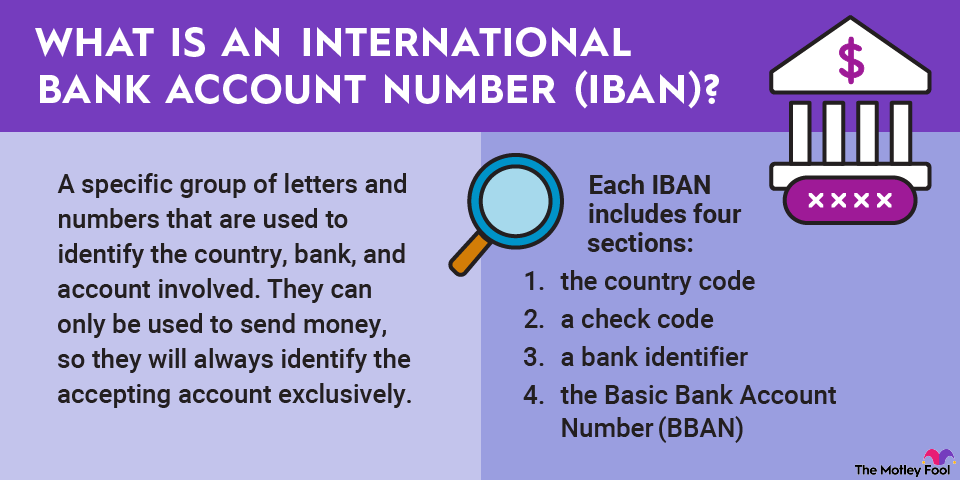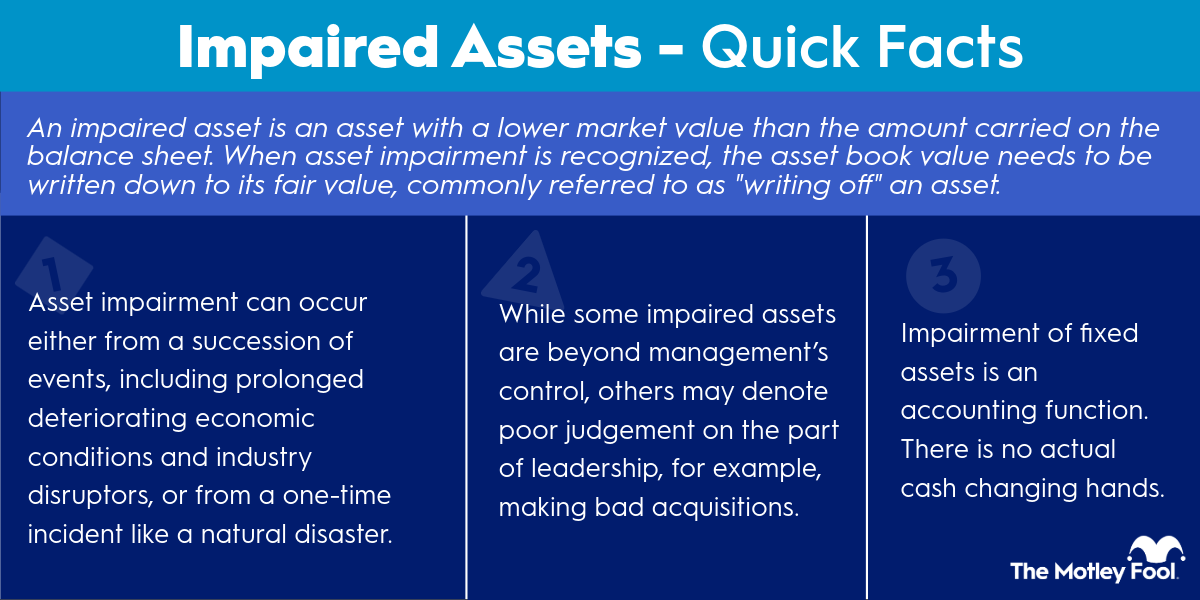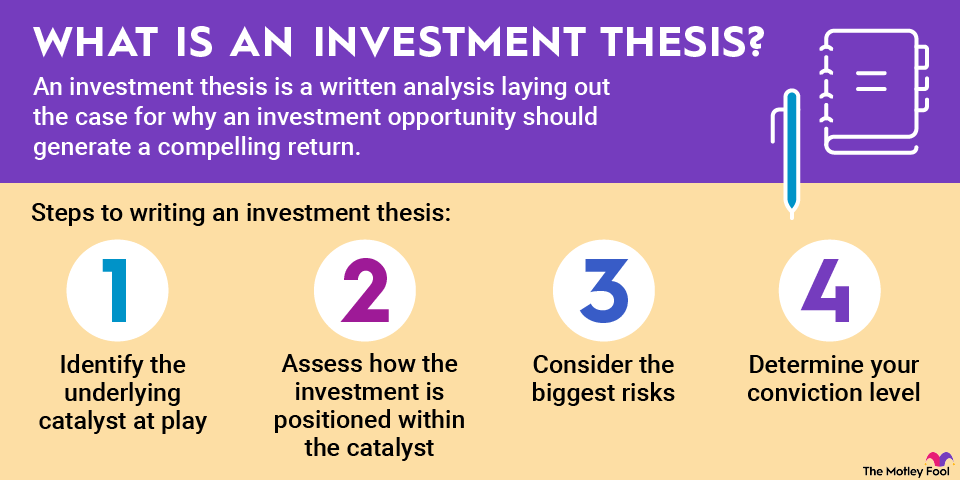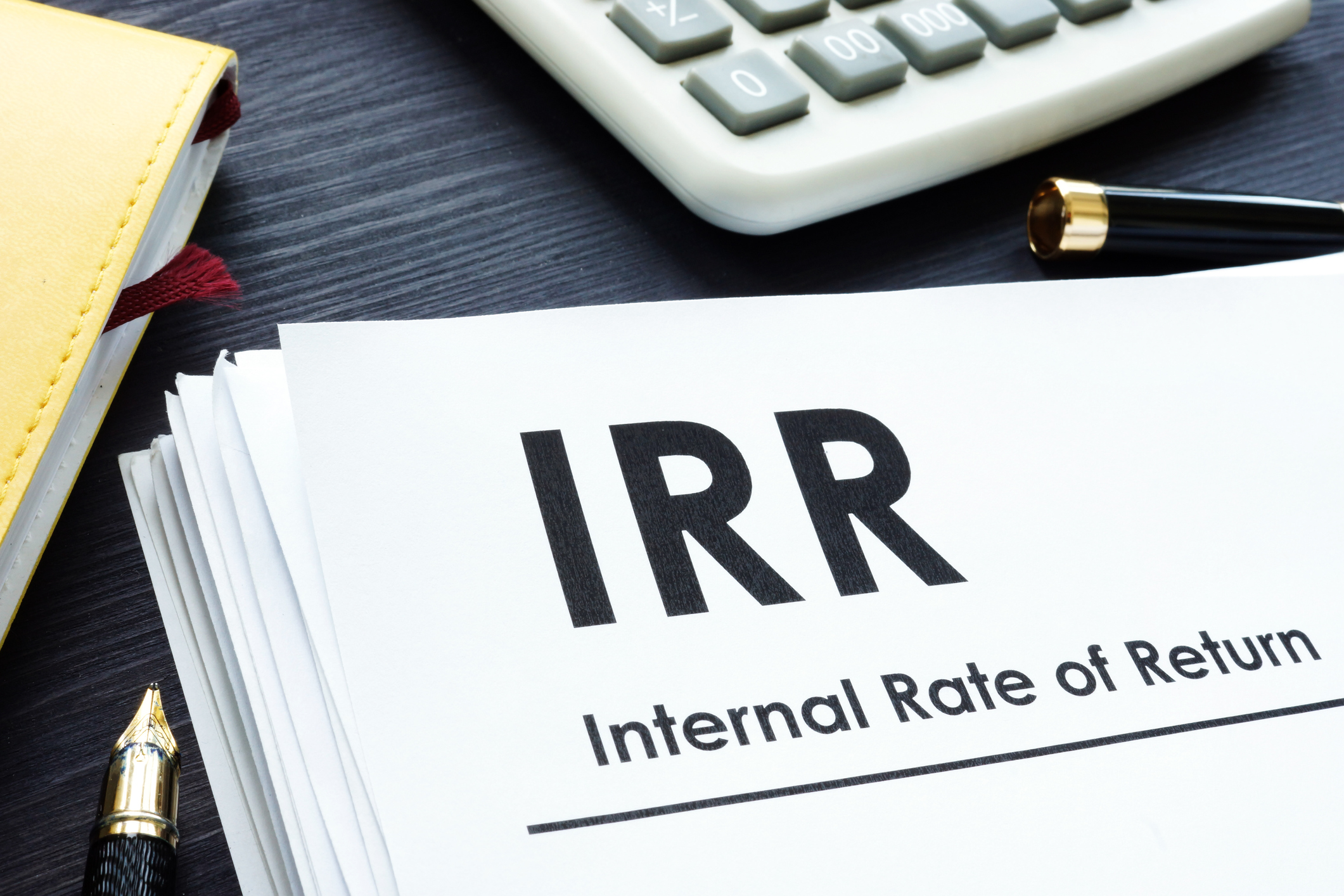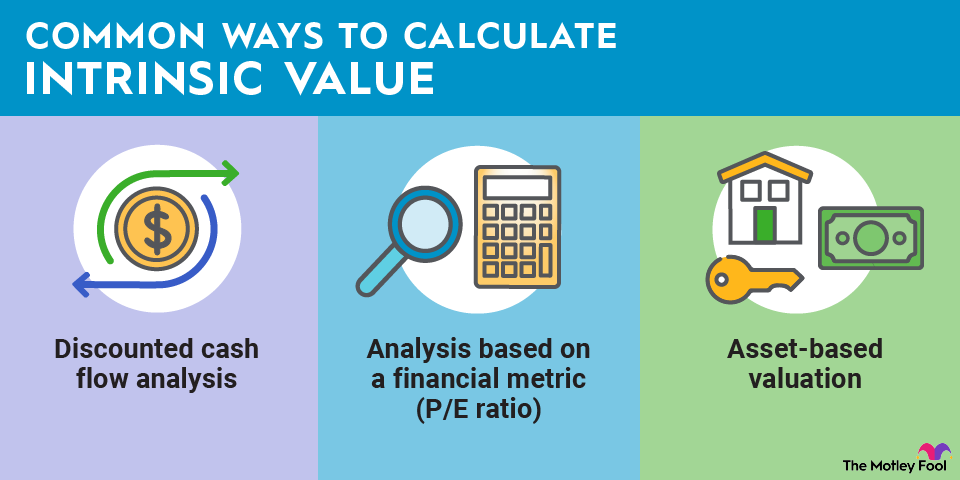If you're looking to avoid estate taxes, protect assets from creditors, or preserve someone's access to government benefits without depleting assets, you may need to set up an irrevocable trust. An irrevocable trust is a trust that can't be altered or revoked by the grantor (the person who established it). Setting up an irrevocable trust can be complicated and should only be done for a few specific purposes. Keep reading to learn how irrevocable trusts work.

What is an irrevocable trust?
There are two basic types of trusts that are used in estate planning:
- Revocable trust: A revocable trust is a trust that you (the grantor) set up during your lifetime that you can change or dissolve at any time. When you die, property in the trust is transferred to your beneficiaries according to the instructions you've provided the trustee.
- Irrevocable trust: An irrevocable trust is a trust that the grantor sets up that can't be amended or revoked. The grantor gives up control of the assets they place in an irrevocable trust. Assets in the trust are distributed to beneficiaries according to the instructions you, as the grantor, provided the trustee.
Most trusts are revocable trusts. However, there are a few scenarios where an irrevocable trust is necessary.
For example, some people choose an irrevocable trust when they have a large estate that could be subject to estate taxes. Because you're relinquishing ownership of irrevocable trust assets, you can use an irrevocable trust to reduce the size of your taxable estate. A revocable trust, on the other hand, won't lower your estate tax liability. Most people don't need to worry about federal estate taxes, though.
An irrevocable trust can also be used for creditor protection. Since the grantor no longer controls or owns the assets, they're generally off-limits to creditors unless a judge finds that an irrevocable trust was set up specifically to protect assets from pending legal action.
Note that revocable trusts become irrevocable trusts upon the death of the grantor, meaning that the terms can't be changed once the grantor dies.
Types of irrevocable trusts
There are many different types of irrevocable trusts you may consider depending on your goals, your beneficiary's needs, and the assets in question. Here are some examples:
- Charitable remainder annuity trust: Some people set up irrevocable trusts to leave a charitable legacy. A charitable remainder annuity trust is often set up to provide income for beneficiaries, such as the grantor's children, and then pass the remaining assets to a charity.
- Domestic asset protection trust: This type of trust isn't available in every state, but it's frequently used to protect assets from future creditors or to ensure that assets stay in the family if a beneficiary gets divorced.
- Irrevocable life insurance trust (ILIT): This irrevocable trust is funded by at least one life insurance policy. It allows the grantor to direct how the life insurance death benefit is used and is often used to set aside funds for estate taxes.
- Qualified personal residence trust (QPRT): The grantor moves a personal residence into an irrevocable trust for a specified period of time but retains the right to live there. If the grantor is still alive when the set period of time is up, the home passes to the beneficiaries and is not considered part of the grantor's estate.
- Special needs trust: A special needs trust is set up to preserve a beneficiary's eligibility for certain government benefits, such as Supplemental Security Income (SSI) or Medicaid. Trust assets are used to supplement the beneficiary's income, but the beneficiary never actually takes ownership of the assets in this irrevocable trust.
Last Will and Testament
Pros and cons of irrevocable trusts
There are several advantages and disadvantages to setting up an irrevocable trust. It's essential to enlist a skilled estate-planning attorney to help you decide whether an irrevocable trust makes sense for you. Here are some pros and cons to discuss.
Pros
- Shields assets from estate taxes: If you have a large estate, an irrevocable trust may be necessary to minimize estate taxes. Placing assets in a revocable trust won't reduce the size of your taxable estate.
- Provides creditor protection: In some circumstances, assets in an irrevocable trust are protected against creditors since the grantor has given up rights to the assets.
- Can be used to preserve assets from spend-down requirements: Because Medicare doesn't pay for long-term care, many people who need to live in a skilled nursing facility must spend down their assets to qualify for Medicaid. When properly drafted, an irrevocable trust could reduce countable assets and help someone eventually qualify for Medicaid. The rules are complex, though, and this technique will typically only work if assets are transferred at least five years before someone needs Medicaid.
Cons
- Inflexibility: When you set up an irrevocable trust, you can't change the terms and conditions later on.
- You give up control of your assets: Once you place assets in an irrevocable trust, you're relinquishing ownership and control. A revocable trust allows you to retain control of your assets.
- Expenses: Because of the complexities of irrevocable trusts, they're usually far more expensive to set up and maintain than a revocable trust.
Related investing topics
Example of an irrevocable trust
In 2014, irrevocable trusts -- specifically qualified personal residence trusts (QPRTs)-- made headlines after Bloomberg reported that Bill and Hillary Clinton had used this strategy.
The Clintons created two separate qualified personal residence trusts in 2010. Then, each Clinton transferred a 50% interest in their New York home into the trusts in 2011.
QPRTs allow a grantor the right to stay in a residence for a specified period of time so the Clintons could continue to enjoy use of their home. The Clintons reportedly set the trusts' terms to 10 years and have named daughter Chelsea as the beneficiary who will inherit the house.
The home was worth $1.8 million for property tax purposes back in 2011, but no doubt appreciated significantly in the decade that followed. However, the value of their taxable gift was locked in at the $1.8 million it was worth in 2011. Any increase in value wouldn't be considered part of their taxable estate, which could produce serious estate tax savings for both Clintons.


